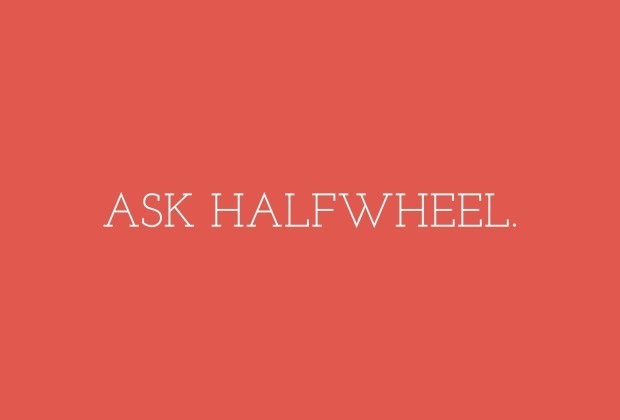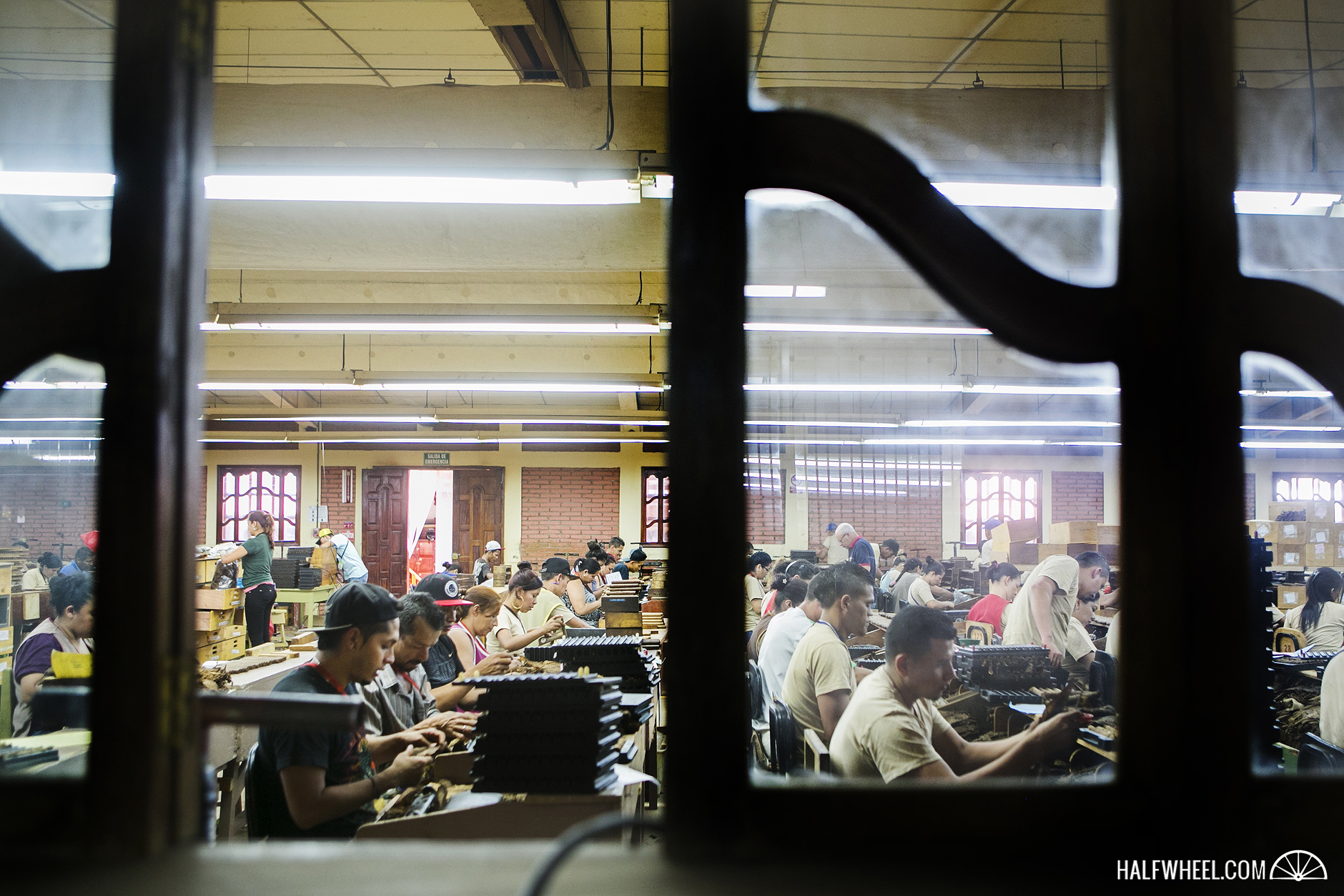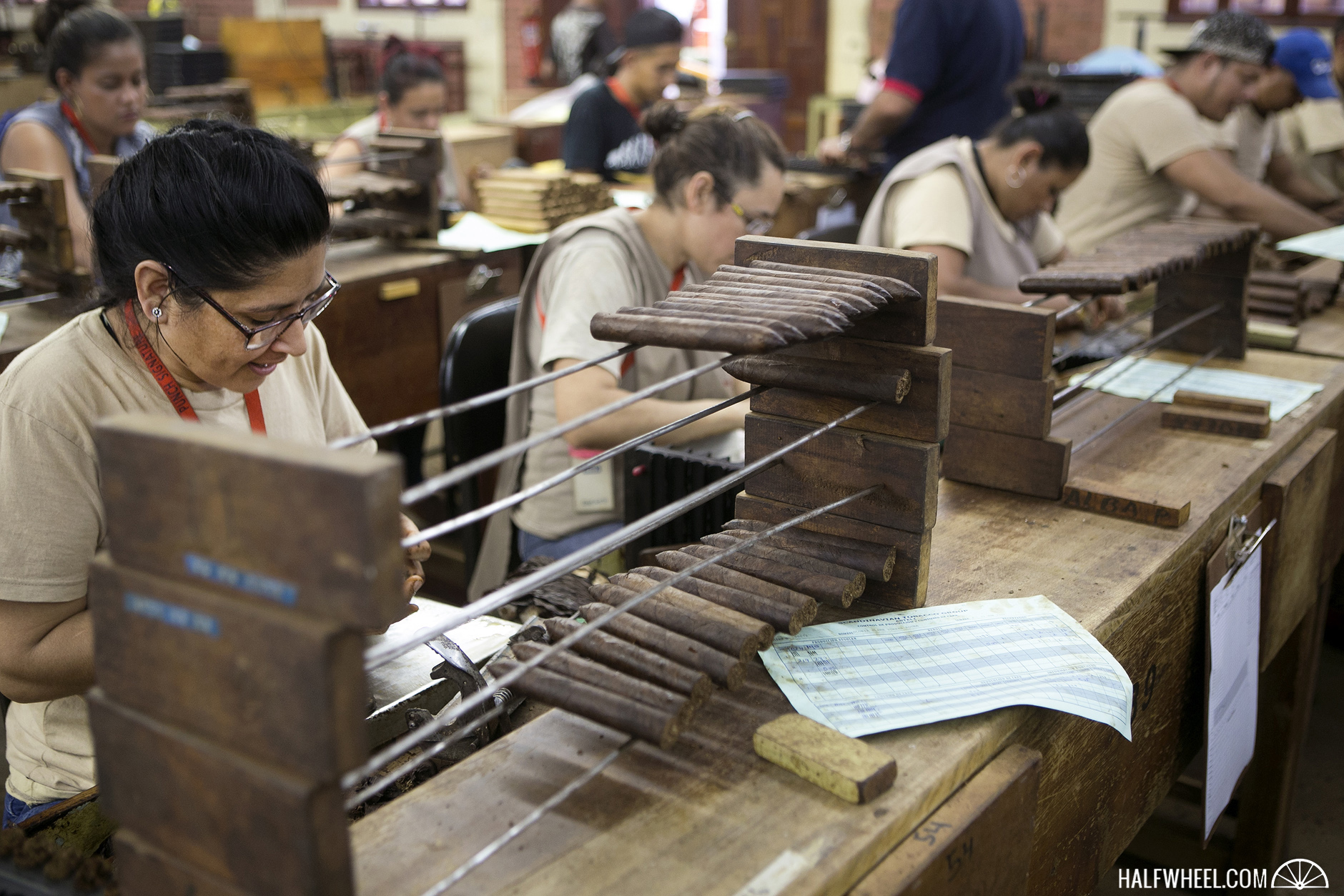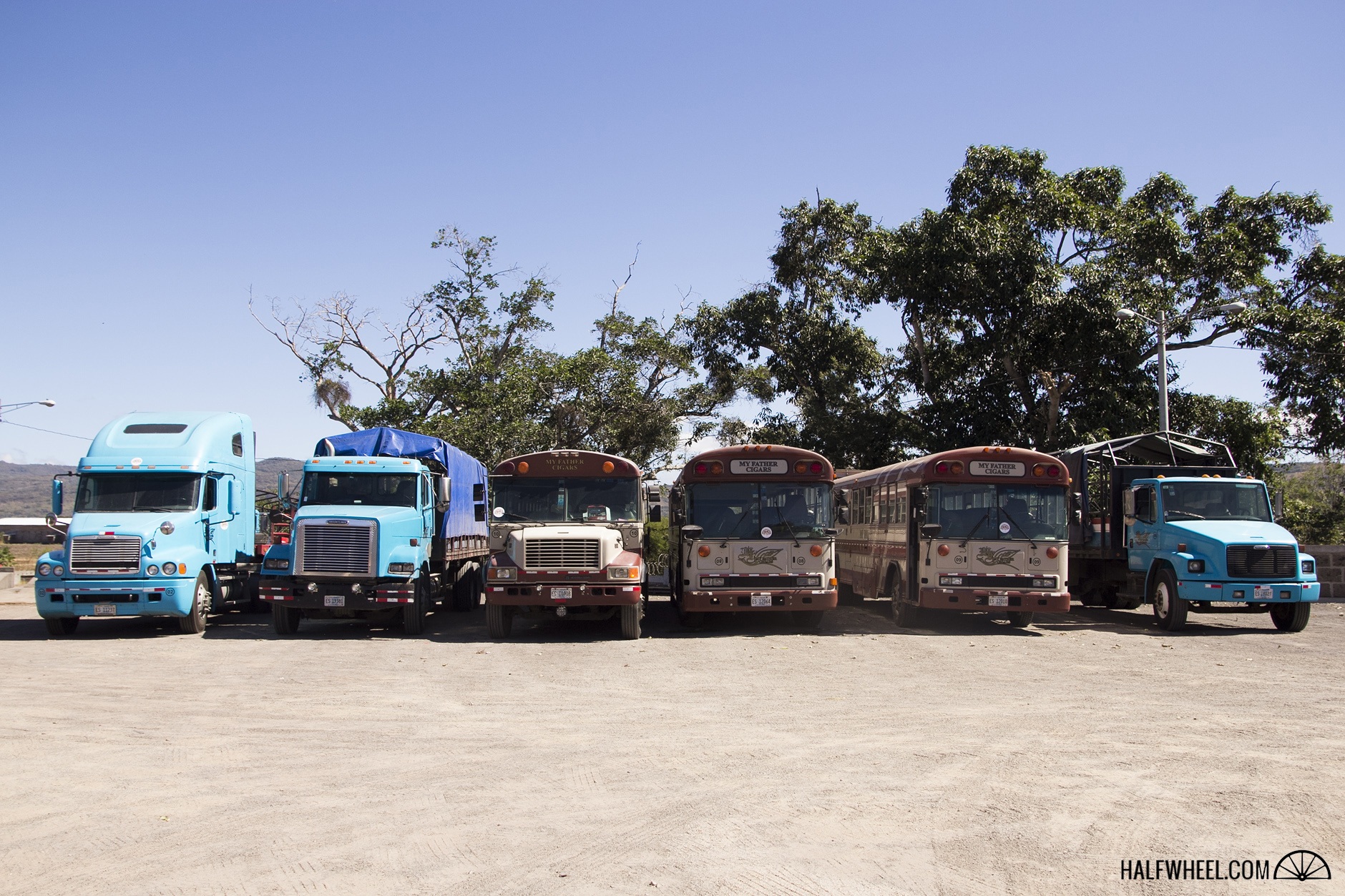As the civil conflict in Nicaragua has unfolded in the last two months, I’ve fielded questions from all over about why we weren’t writing about the growing violence in the Central American country, which is the largest exporter of premium cigars to the U.S. Those questions have come from concerned consumers, confused retailers and of course manufacturers and brand owners, many of who were upset over our radio silence. We’ve also had internal debates about our approach to coverage, conversations which could have ended better.
Two weeks ago, reader Neal posted a question in our somewhat dormant Ask halfwheel segment asking the very question I had been asked before:
I’ve noticed very little in the way of reporting on how the unrest in nicauragua is affecting the cigar industry, it’s employees etc. is that aspect of the story being covered, and if not, why not?
I want to be clear, in the time since Neal’s question, the situation in Nicaragua has gotten substantially more intense and we’ve written three stories. Neal’s question really did get to the heart of why we hadn’t covered it until recently, a decision I’m no longer sure was the correct one.
We are a cigar blog. You come here for cigar news, reviews and coverage of the industry around it.
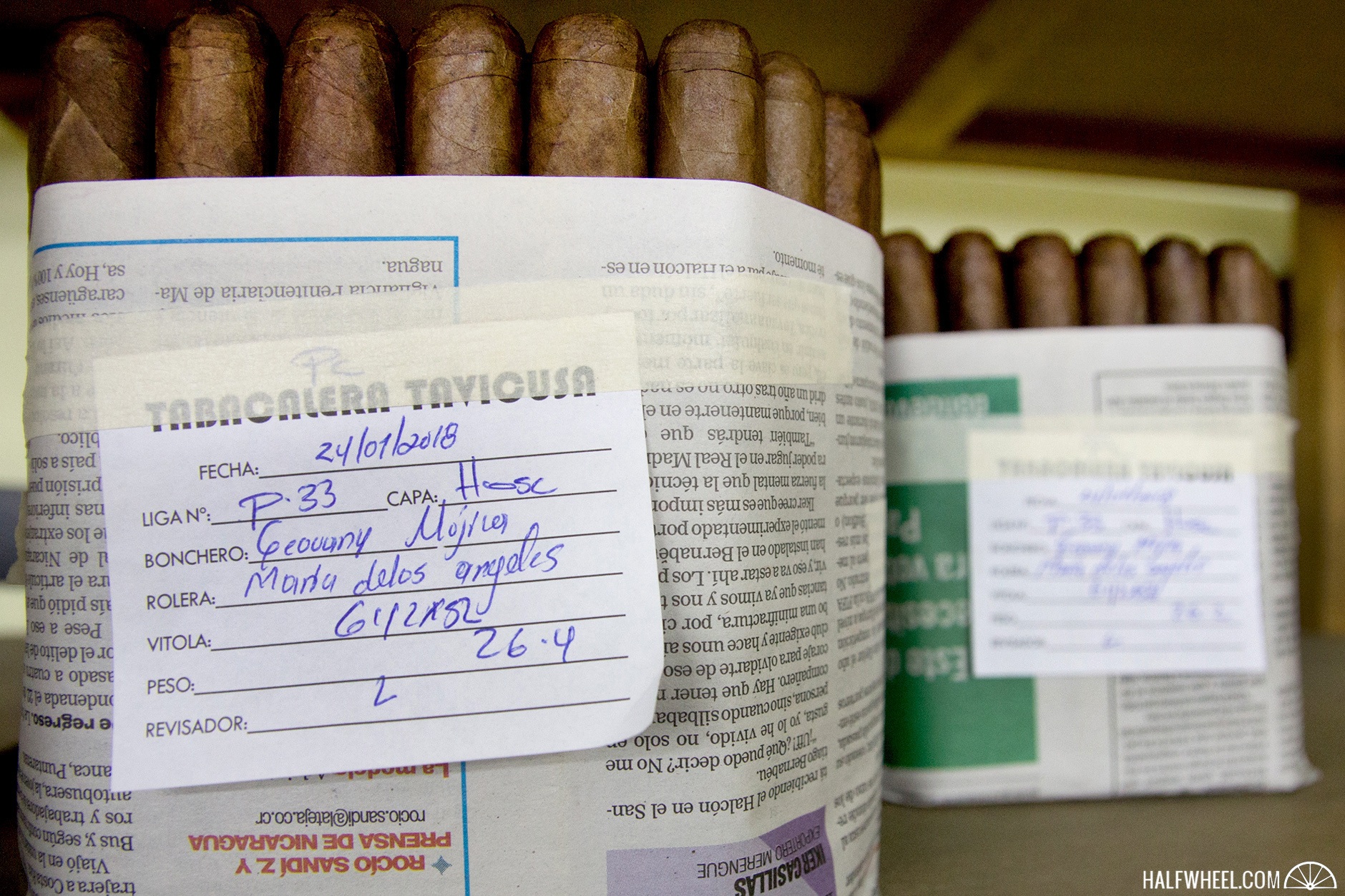
The question we debated internally and elsewhere is where that line is regarding “around it.” For me, I’ve always believed that it means that the cigar industry has to be impacted in some noticeable away. That applies not just to civil unrest in Nicaragua, but also how we’ve approached covering natural disasters or presidential elections.
In April, when the violence was first unfolding, it was disheartening and concerning to watch, but I made the decision, based on talking to people in Nicaragua, that it wasn’t impacting the cigar industry. The violence was mostly in the south—cigar factories and tobacco growing are mostly in the north—and no one was able to say that it was impacting their business. I was concerned watching the social media posts on Skip Martin’s Instagram account as protests, the resulting attacks of protestors and further violence moved into Estelí, but my many emails to Martin and others indicated that while people were concerned, they were working.
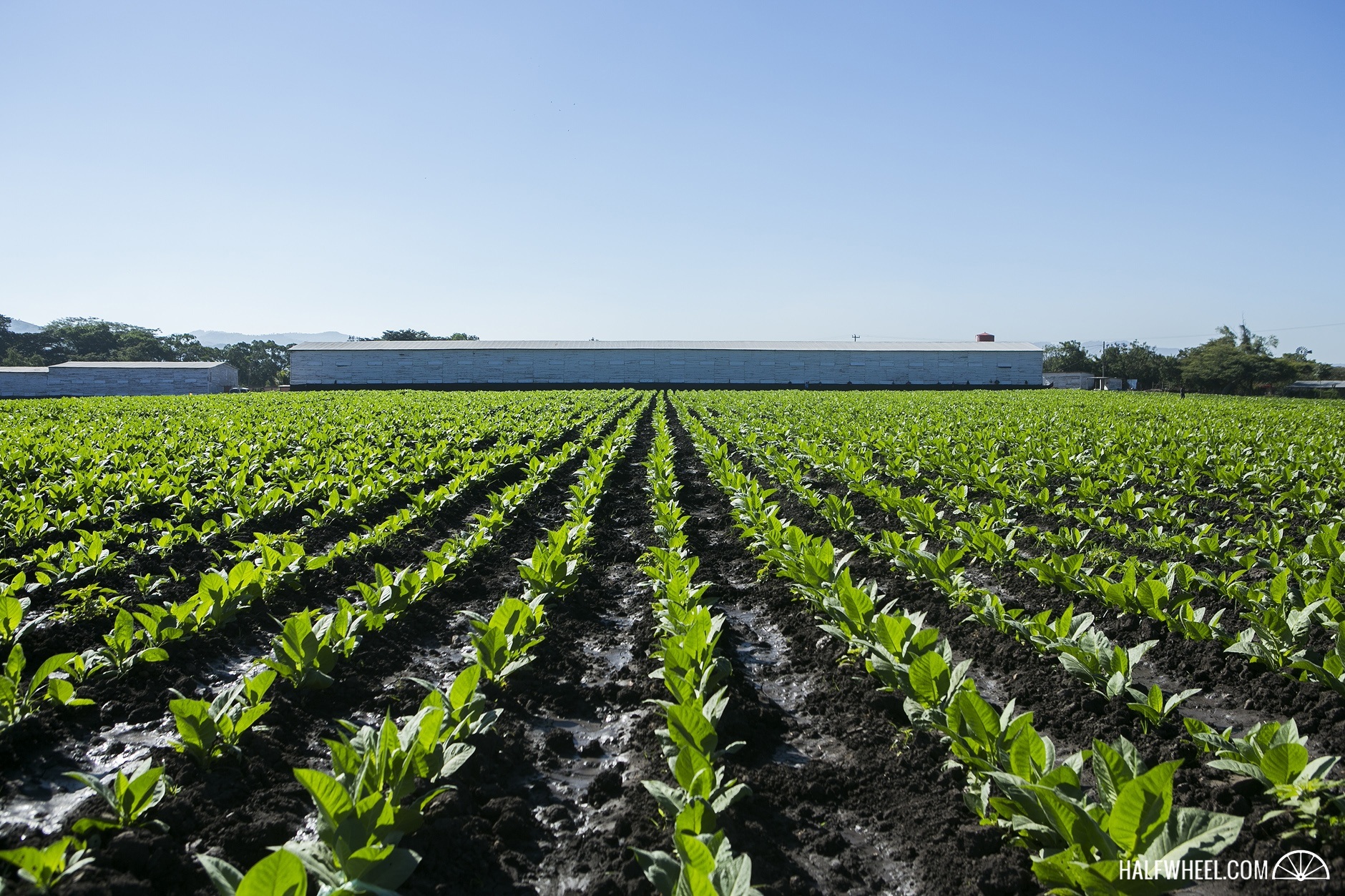
About three weeks ago we began to hear more reports about cigars being delayed out of Nicaragua. Many were unwilling to talk about it publicly for fear of attack due to speaking out, but some began to make note of it on social media. But even then when we followed up, people weren’t willing to acknowledge that it was affecting their business. They would tell me that they had excess inventory and the factories were still rolling, so no orders were being affected, but there were certainly some added headaches in the transport process.
It’s also worth noting that delays happen all the time. Most cigar companies have backorders on at least a few SKUs throughout the year due to a variety of issues from production delays, packaging delays, inventory mismanagement or other transport delays. So even if there were companies having backorders due to the issues in Nicaragua, it seemed likely that it was having very few impacts on the American cigar business.
If I had to guess as of about 10 days ago, Patrick Lagreid and I had probably sent around 75 individual messages to companies after the civil unrest began. My email would suggest there wasn’t a week—or really even 96 hours—that would go by without me checking in with at least one cigar manufacturer to see if the situation had changed. It became quite clear two weeks ago that the violence in Estelí was getting worse.
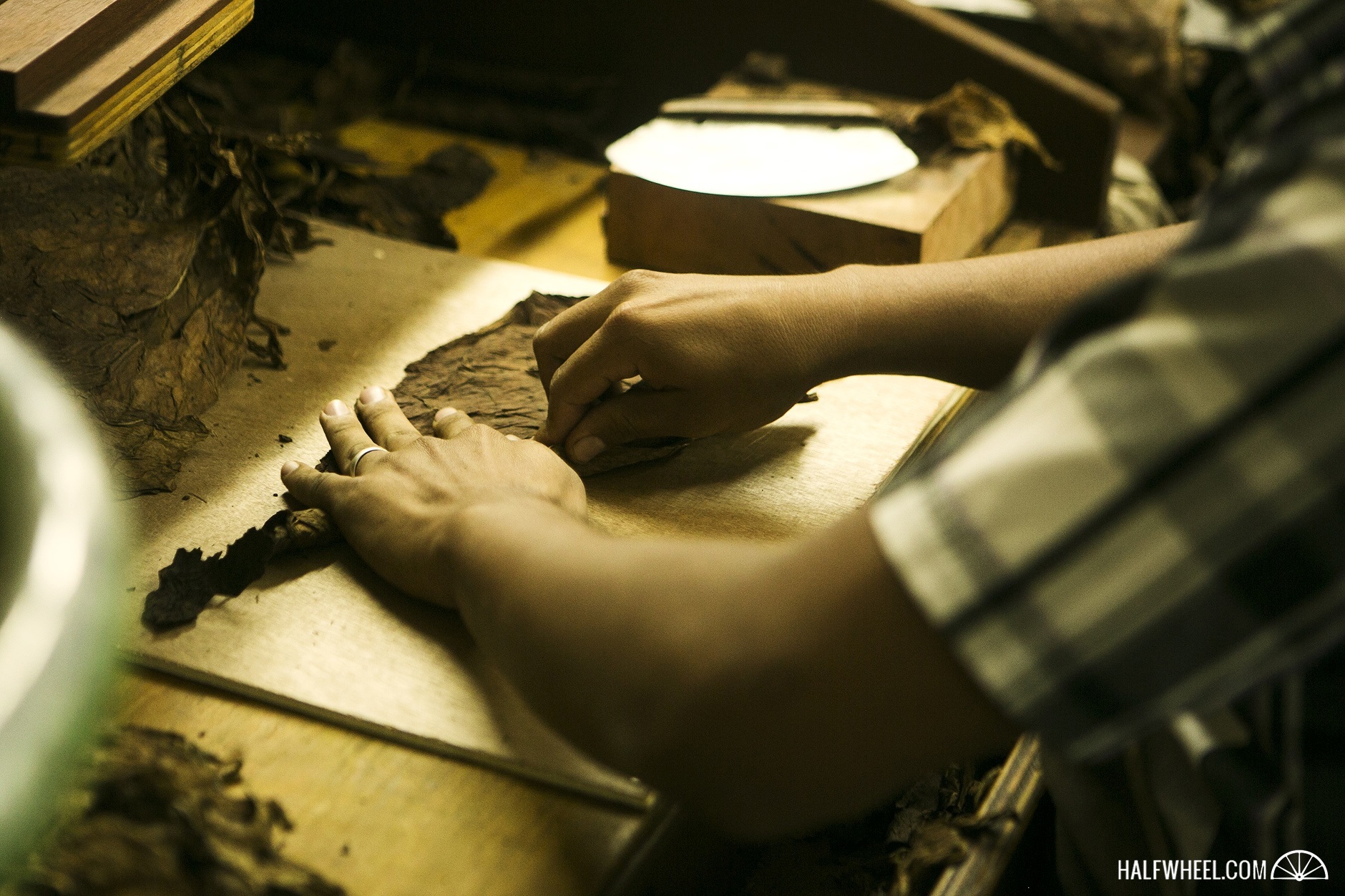
Estelí is a cigar city. There’s either a cigar factory, associated business or the house of someone who works in the business at every corner. Two weeks ago we began hearing reports of security guards being robbed, people being shot near some sort of location I’ve been to and growing concerns about how the violence was progressing. In the meantime, negotiations between Nicaragua’s president, Daniel Ortega, and the protestors opposed to him had collapsed.
Late last week people told me that their containers were not able to get between Estelí and Managua due to a growing number of roadblocks set up by the protestors. Over the weekend, it was announced that upwards of 6,000 trucks were stranded throughout the country and by Monday, multiple people who previously had said the situation in Nicaragua wasn’t affecting their business, were now willing to say that it was.
Yesterday, as part of a national strike aimed at forcing negotiations, almost all of the notable factories in Nicaragua were shut down. For some, it was the first time the factories had ever been closed outside of holidays and weekends.
I’m not sure that I made the correct decision, but it’s easy to say that now. The protests started after Ortega announced he was overhauling the country’s pension system. That sparked protests, counter-protests and violence. But within 10 days of announcing the pension reform, Ortega reversed his decision. Had the violence stopped then, my decision wouldn’t even be an afterthought.
After all, there were massive protests in Honduras earlier this year around the elections. Many companies delayed and canceled trips to the country, Americans working in the cigar industry didn’t want to go and there was a genuine concern by many that Honduras was headed towards mass violence. I’d argue that some believed the situation in Honduras was more serious than say, the situation in Nicaragua a week after it started.
But that’s obviously not how the story was written and as such, I have some regret, though I do hope our coverage this week has made up for my decision in April.
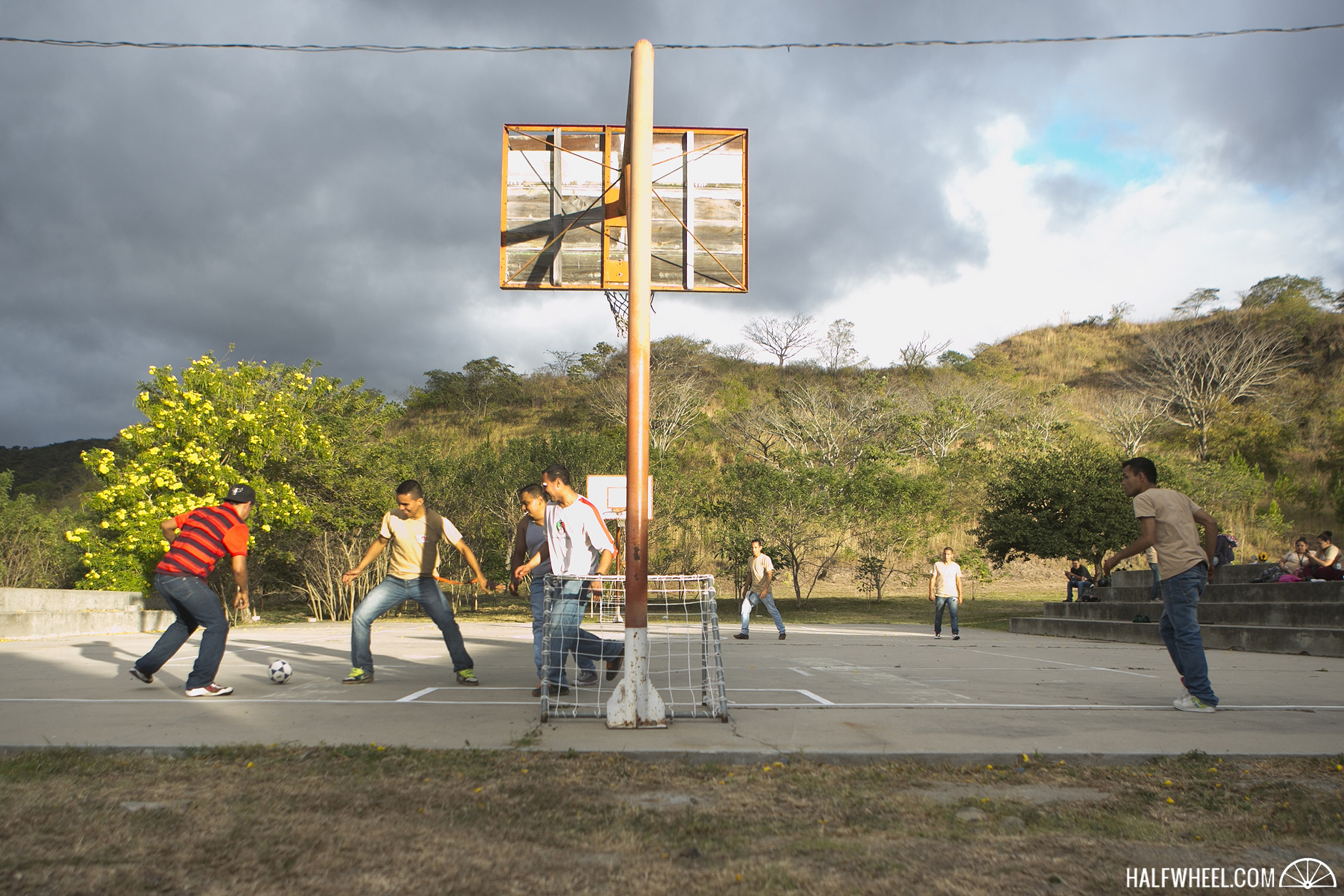
I’ve always said that I’d like to write about other things, but we are a cigar blog.
I’m fascinated about many of the luxury goods that Cigar Aficionado writes about; I’d love to go to the places where Cigar Snob does its photoshoots, let alone the photoshoots themselves, and while we do write about beer a la Cigar Press, we do it on a completely separate website. We think we know what we do best: cover the cigar industry. And yeah, we could find a way to sneak a memorial to Anthony Bourdain through the lens of cigars and Patrick could certainly write articles about baseball and its connection to cigars, but we choose not to, at least not here.
My decision about Nicaragua wasn’t related to my personal thoughts about the country, its president or its people. For better or worse, it was about the cigars.

